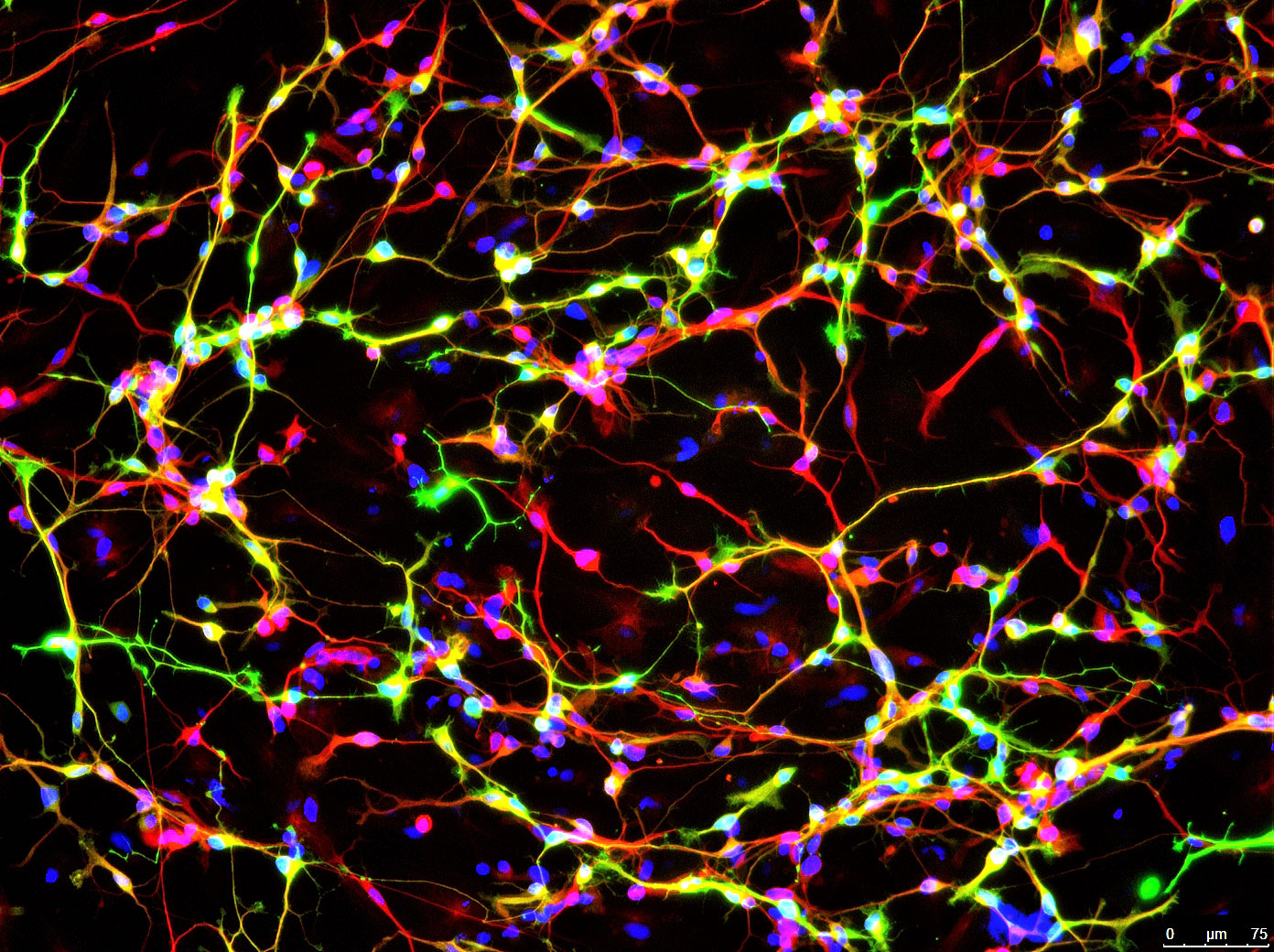Dopamine neurons may regulate our biological clock
The findings provide new insights into how the human body responds to jet lag, as well as into why it is so difficult to switch off your favorite show and go to sleep.
The new findings may help researchers to better understand how phenomena such as jet lag or shift work affect the body, and to come up with better therapies for these effects.
The research was overseen by Ali Deniz Güler, a UVA professor of biology and neuroscience whose laboratory hosted the study, and the first author of the paper is Ryan Grippo, a Ph.D. candidate and student of Prof. Güler’s.
This indicated to the researchers that dopamine signaling between the VTA and the SCN is necessary for circadian rhythm regulation.
Because of dopamine’s role in processing rewards, these findings offer unique insights into how our body clock works.
Prof. Güler said that “We have used both genetic and actuator technologies that allowed us to control the expression of the dopamine receptor that is expressed in the [SCN] as well as the activity of the neurons that express the receptor specifically. This multi-pronged approach is what allowed us to uncover the long sought after connection that has been missed previously.”
However, the researcher noted that more work is needed to determine “the precise ethological significance of this connection both in [the study’s] model system (mouse) and other mammals.”
The new study may help to explain why it seems particularly difficult to go to bed early when we are watching our favorite TV show. As Prof. Güler explains:
This shows that when we engage in rewarding activities like eating, we are inadvertently affecting our biological rhythms […]. We may have found the missing link to how pleasurable things and the circadian system influence one another.”
Prof. Güler further comments on the significance of the findings, saying:
“Scientists have been working for decades to help the body’s circadian system readily re-synchronize to variable work and eating schedules and flights across multiple time zones. Although it has been thought that the circadian system and the dopaminergic system, while the nature of this interaction has been quite elusive until our discovery,” Prof. Güler.
“Finding this connection between dopamine-producing neurons and the circadian center allows us to target these neurons with therapies that could potentially provide relief of symptoms for travelers and shift workers particularly, and possibly people with insomnia,” he says.
Prof. Güler is not only hopeful that the findings will lead to new drugs for these pathologies, but he also thinks the findings provide insights into a whole other range of conditions.
———————————————————————————————-
Watch your favorite programs, documentaries, informative packages and latest NEWS(English and Urdu).
Watch Humsub tv Live Streaming here: Humsub.tv
Read English Latest Articles and News here: Hum sub
Read Urdu Latest News and Articles here: Urdu News
———————————————————————————————-

